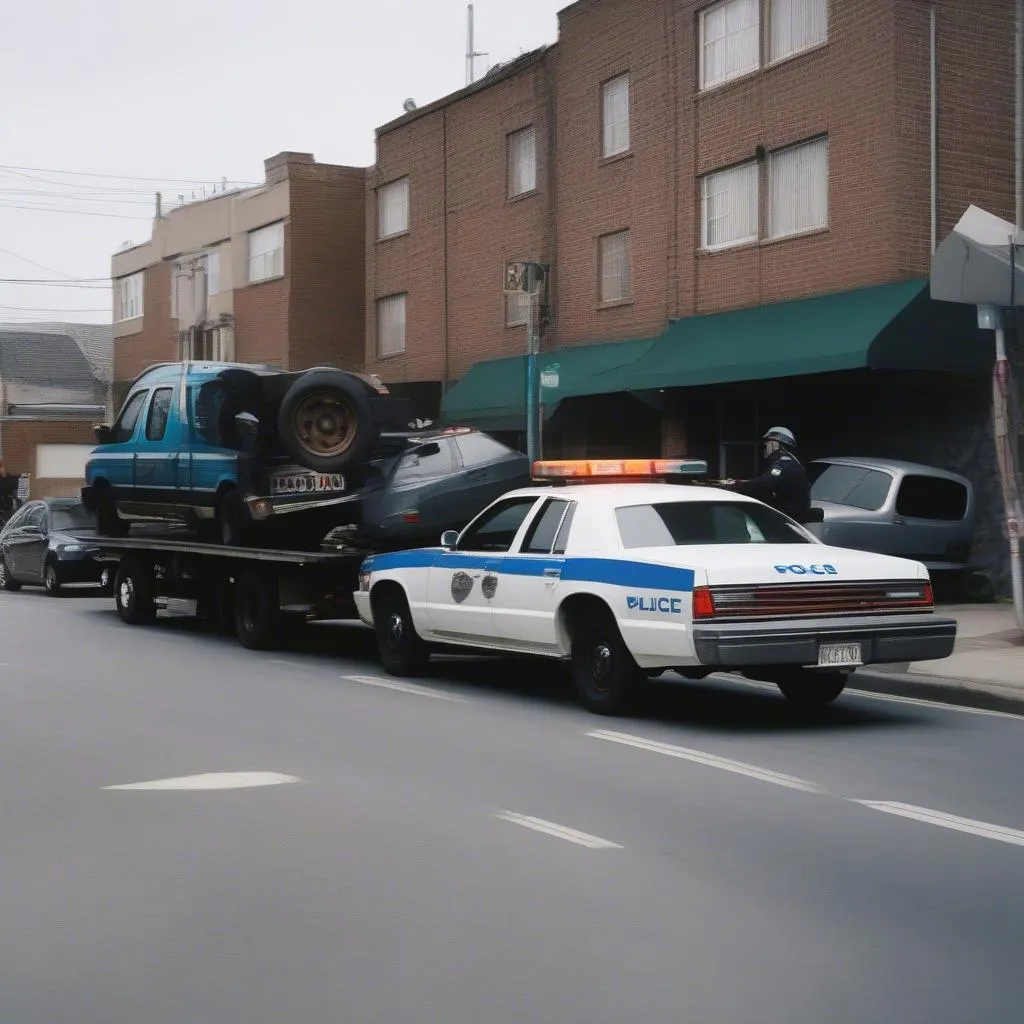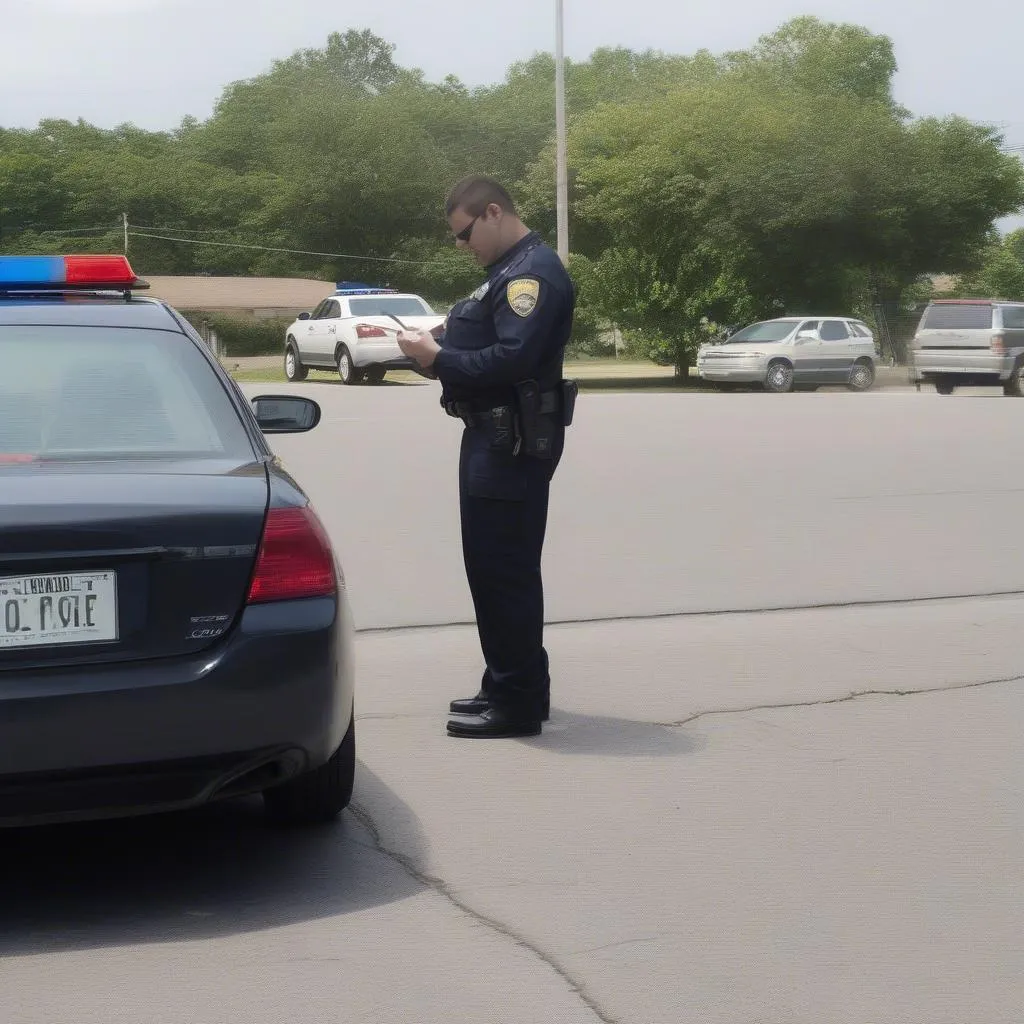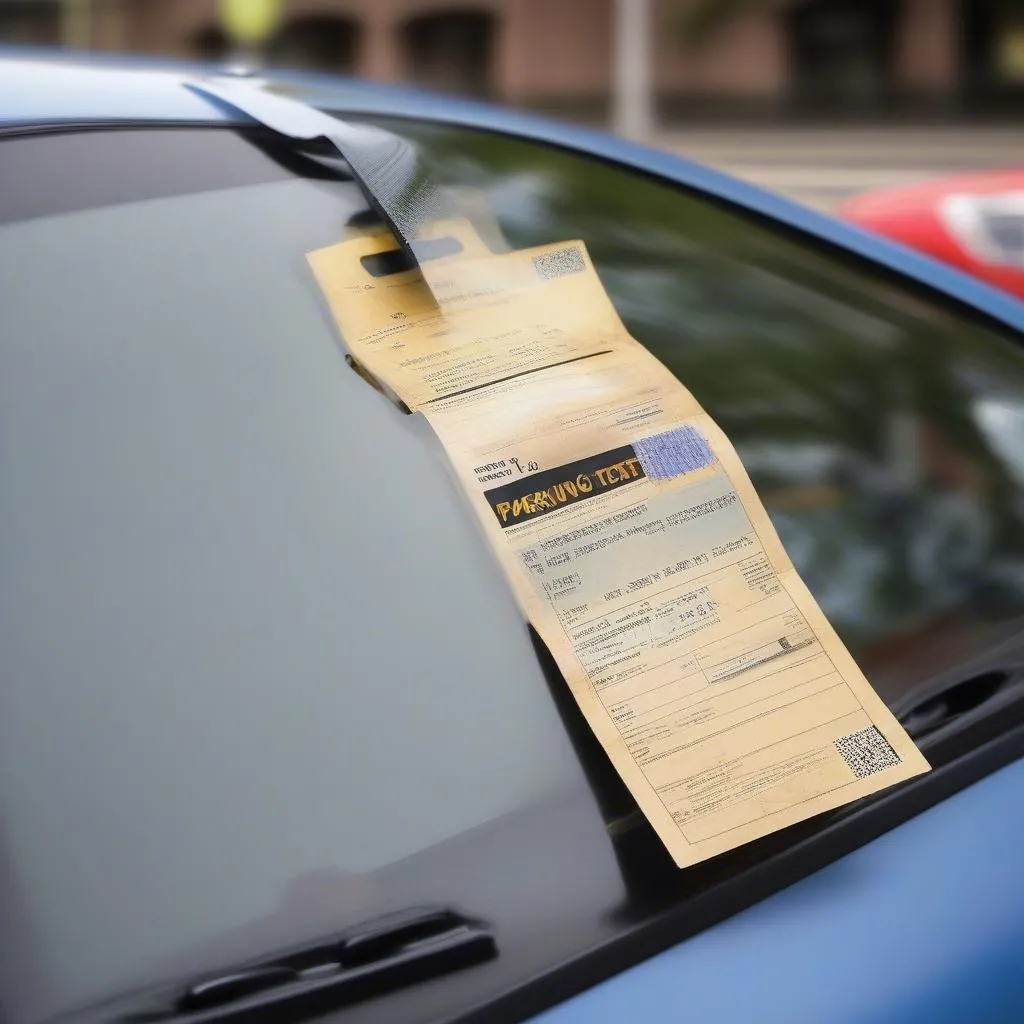Have you ever been driving down the road, minding your own business, when suddenly you see flashing lights in your rearview mirror? The dreaded feeling of dread sets in as you realize you’re being pulled over. You might be thinking, “Oh no, what did I do?” But the worst-case scenario is much worse: your car being impounded.
Let’s dive into the reasons why cars get impounded and how to avoid such situations.
Understanding the Meaning of Car Impoundment
Car impoundment is a process where a vehicle is taken into custody by law enforcement. It’s a serious consequence that happens when a car owner breaks the law or poses a threat to public safety. The car might be held for days, weeks, or even months depending on the reason and jurisdiction.
Technical Perspective
Impoundment is often related to the functionality of the vehicle, the legal implications of its usage, or the car owner’s behavior. The term ‘impoundment’ can be used in various contexts, including:
- Engine Failure: In a purely technical sense, impoundment can refer to a vehicle that has a mechanical issue that prevents it from being moved. It could also refer to the situation where a car is parked in a private lot and is unable to leave because of a technical malfunction or an issue related to payment for parking services.
- Legal Issues: From a legal standpoint, impoundment occurs when a car is towed by law enforcement due to an incident involving the vehicle’s owner. The car might be used to commit a crime, violate traffic laws, or pose a safety risk.
- Enforcement: Impoundment can also be related to the enforcement of legal regulations. For example, if a vehicle lacks valid registration or insurance, it might be impounded by law enforcement.
Economic Impact
Impoundment can have a significant economic impact on car owners. In addition to the inconvenience of being without a car, there are various associated costs, including:
- Towing Fees: Tow trucks are expensive, and the costs can vary depending on distance, time of day, and the towing company’s policies.
- Storage Fees: Impound lots charge daily storage fees, which can quickly add up if a vehicle stays for an extended period.
- Release Fees: To retrieve a vehicle from an impound lot, you’ll have to pay a release fee. This fee can vary based on the lot’s location and the time of the day.
- Possible Fines: In addition to impoundment fees, drivers may also be fined for any traffic violations that caused the vehicle to be impounded.
Reasons Why Cars Get Impounded
Now that we understand what car impoundment entails, let’s explore the most common reasons why cars get impounded.
Traffic Violations:
Driving While Under the Influence (DUI): DUI is a serious offense, and the consequences can range from fines and license suspension to imprisonment. In many jurisdictions, a DUI offense often leads to car impoundment for a certain period.
Speeding and Reckless Driving: Exceeding the speed limit or driving recklessly can result in your car being impounded. This is particularly true if you’re caught driving at extremely high speeds or endangering other motorists.
Failure to Stop for Law Enforcement: If you fail to stop your car when signaled by a police officer, your vehicle may be impounded. This applies even if you have a valid license, registration, and insurance.
Driving with a Suspended License: Driving with a suspended or revoked license is a serious offense. This usually involves your car being towed and impounded until your license is reinstated.
Unpaid Traffic Tickets: Accumulating a large number of unpaid traffic tickets can lead to the revocation of your license and even the impoundment of your car.
Other Reasons:
Parking Violations: If you park your car in a prohibited area, such as a fire lane or a no-parking zone, it could get towed and impounded. Some cities have strict enforcement policies for parking violations, which can result in quick and costly impoundment.
Vehicle Modifications: In some jurisdictions, modifying your car in ways that violate local safety regulations, like improper exhaust systems or excessive noise, can lead to impoundment.
Lack of Insurance or Registration: Driving a vehicle without the required insurance or registration is illegal and can result in the car being impounded.
Stolen Vehicles: Cars that are reported stolen are often impounded by police to ensure their safe recovery and to prevent further illegal activities.
Drug-Related Activities: If your vehicle is found to be associated with illegal drug activity, it might be impounded. This can include having drugs in your possession or using your car to transport drugs.
Dangerous Equipment: Driving a car with defective equipment, like faulty brakes or headlights, can lead to your car being impounded.
Safety Concerns:
Abandoned Vehicles: Cars left unattended in public spaces for an extended period might be impounded by local authorities.
Wrecked Vehicles: A vehicle involved in an accident that is deemed unsafe to drive could be impounded until it’s repaired.
How to Avoid Car Impoundment
Avoiding car impoundment is a matter of responsibility and awareness. Here’s what you can do:
- Obey Traffic Laws: Always drive safely, stick to the speed limit, and follow traffic signals. Avoid texting or using your phone while driving.
- Maintain Your Vehicle: Ensure your car is in good working order. Regularly service your car and address any mechanical issues promptly.
- Keep Your Registration and Insurance Current: Make sure your registration and insurance are up-to-date.
- Be Aware of Parking Regulations: Familiarize yourself with local parking regulations. Avoid parking in prohibited areas.
- Don’t Drive Under the Influence: Never drive under the influence of alcohol or drugs.
What to Do If Your Car Gets Impounded
If your car gets impounded, the first step is to contact the authorities who impounded it. This will usually be the local police department or towing company.
- Gather Necessary Documents: You will need to provide proof of ownership, insurance, and registration to release your car. You may also need to pay impoundment fees and fines.
- Follow Impoundment Procedures: Follow the instructions provided by the authorities regarding how to retrieve your vehicle. You may have to appear in court or provide additional documentation.
- Consider Legal Representation: If you have been involved in a traffic violation or if the impoundment is related to a serious offense, it’s advisable to seek legal counsel.
Common Questions about Car Impoundment
-
Can I get my car back if it was impounded for a DUI?
Yes, you can get your car back after a DUI, but it may be impounded for a certain period. The duration depends on the jurisdiction and the severity of the offense. You’ll need to comply with any court orders or requirements to retrieve it.
-
Do I have to pay impoundment fees even if I didn’t do anything wrong?
Unfortunately, yes. You are usually responsible for paying the towing and storage fees. However, you may be able to dispute the charges if you believe the impoundment was unjustified.
-
Can I drive my car home after it was impounded?
No, you can’t drive your car home after it was impounded. You will need to arrange for a tow truck to bring it back to your home.
-
How long can my car be impounded?
The duration of car impoundment varies depending on the reason and the jurisdiction. It can range from a few days to several months or even longer for serious offenses.
-
What happens to my car if I don’t claim it?
If you don’t claim your impounded car within a specific period (typically a few weeks), it could be considered abandoned. In such cases, the impound lot may auction it off or dispose of it.
-
What are some common things I can do to avoid getting my car impounded?
Avoid driving while under the influence, maintain your car, drive safely and obey traffic laws, keep your registration and insurance up-to-date, and be mindful of parking regulations.
Additional Tips for Avoiding Car Impoundment
- Stay Informed: Be aware of the traffic laws and regulations in the areas you drive. Keep up-to-date on any changes or new laws.
- Plan Ahead: Before you go out, especially for long drives, make sure your car is in good condition, you have valid registration and insurance, and you have a designated driver if you plan on drinking.
- Avoid Risky Behavior: Don’t engage in behaviors that could lead to traffic violations, such as street racing or excessive speeding.
 Impounded car
Impounded car
 Police Officer Writing a Ticket
Police Officer Writing a Ticket
 Parking Ticket
Parking Ticket
Need Help with Car Diagnostics?
Are you having car troubles that require a diagnostics tool? Our team at Tech Car USA is here to assist you with all your automotive needs. We specialize in European vehicles and provide expert guidance on diagnostics and repairs. Contact us via WhatsApp at +84767531508 for 24/7 support. Let us help you get your car back on the road safely.
Conclusion
Car impoundment is a serious matter that can cause considerable inconvenience and financial burden. By understanding the reasons behind impoundment and taking steps to avoid it, you can protect yourself and your car from this unpleasant situation.
We encourage you to share your experiences with car impoundment in the comments below. We are here to help you stay informed and empowered on the road. Don’t forget to browse our other resources for further information on car maintenance and repairs. Stay safe and drive responsibly!